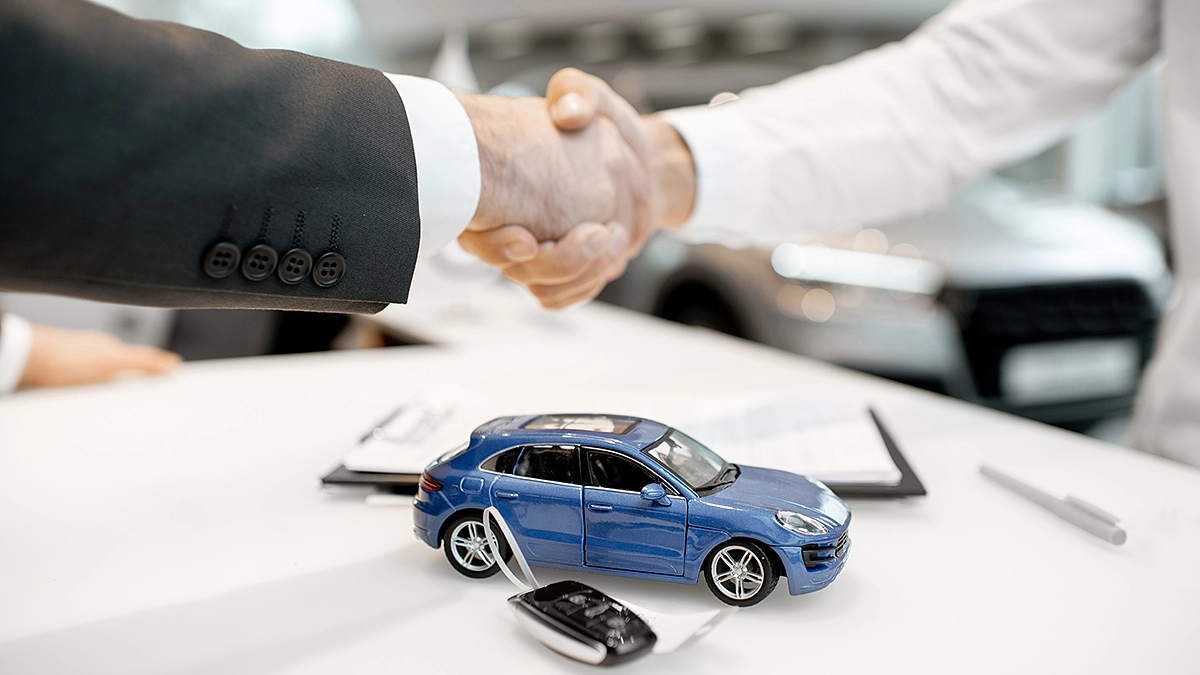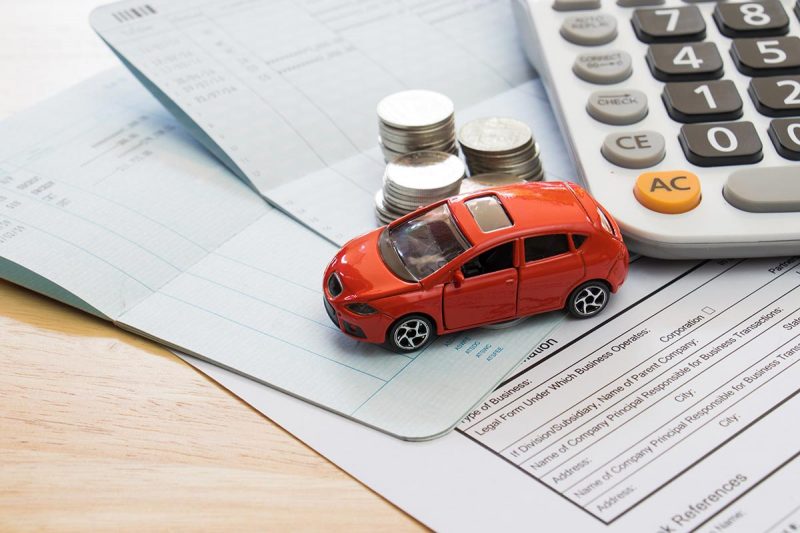What happens if you buy a car with outstanding finance?

If you’ve bought a second-hand car and discovered after the fact that it still has outstanding finance payments owing on it, what should you do?
This is a complex issue, but it’s an increasingly prevalent one. According to history checking service Cartell.ie, the number of cars being offered for sale with outstanding finance remaining is on the rise. If a car on sale is two years old, according to Cartell’s figures, it has a 35 per cent chance of still having money owed on it. For three-year-old cars, the rate is still 32 per cent.
The chance of a car having outstanding finance on it then tails off — at four years old it falls to 20 per cent, which is obviously less but it still means that one in five cars on sale at that age are still subject to a finance agreement. When you consider how many cars you might look at in the course of shopping for a second-hand car, it becomes pretty obvious just how significant an issue it is.
But why is it an issue? Well, simply put, a seller is not supposed to sell you a car with outstanding finance owed. Whether it’s a PCP deal, or Hire Purchase, until the final payment has been made, the car is not legally the property of the person using it, and therefore they have no right to sell it. In fact, the only time it’s legal to sell on a car for which you still owe money is if that finance was in the form of an unsecured personal loan from a bank or credit union — in that instance the person selling the car does own it, and the car isn’t specifically legally tied to the outstanding amount.

In all other cases, though, technically the real owner of the car is the finance company providing the loan (which is really what a PCP or HP deal is) for the car’s purchase, and if you’ve bought that car — and the previous owner doesn’t clear the amount owing — then that finance company can come looking for the car and can seize it.
At that point, you essentially have no legal comeback — the car was and still is the property of the finance company, and therefore whether you have a receipt or invoice for the purchase, technically the sale was illegal and invalid, and therefore the finance company is simply taking back what’s rightfully theirs. Your money, the cash you spent on the car, is then forfeit — you’ve no legal right to the car, so no-one else is liable for the money you spent on it. It’s the ultimate, and most painful, form of caveat emptor — buyer beware.
What can you do if this happens? Well, you can appeal to the finance company in the first instance. If you can show that you bought the car in good faith, then they may act with some leniency. Equally, if you can track down the person who sold you the car, you should demand your money back from them — preferably via your solicitor rather than getting into any personal confrontation — as they never had the legal right to sell the car in the first place. If neither of those appeals work, then it’s time to lawyer-up and get ready to bring the person who sold you the car, whether they’re a private individual or a dealer, to court.
Obviously, that’s a hugely stressful process and it’s better not to find yourself in that situation in the first place. It’s definitely a good idea to use a history checking service, such as Cartell’s, to look into the background of any car you want to buy before you actually write the cheque. Those history checking services will usually uncover whether a specific car is still the subject of a finance agreement.
Clearly, there are some people selling cars who, for whatever reason, are doing so to raise the funds to honestly and diligently clear the outstanding amount, but even if that is the case they are in a very legally grey area where they are technically selling a car that does not belong to them yet. If they are honest, upstanding people and immediately clear off their debt once they’ve sold the car to you, then all is well but it’s far better not to get yourself into that kind of setup in the first place, as you are ultimately then relying on the good will of others when a substantial amount of money is at stake.
Make sure you carry out a Car History Check on every used car you are thinking of buying to see if it has outstanding finance. Simply enter the registration number below to get started!